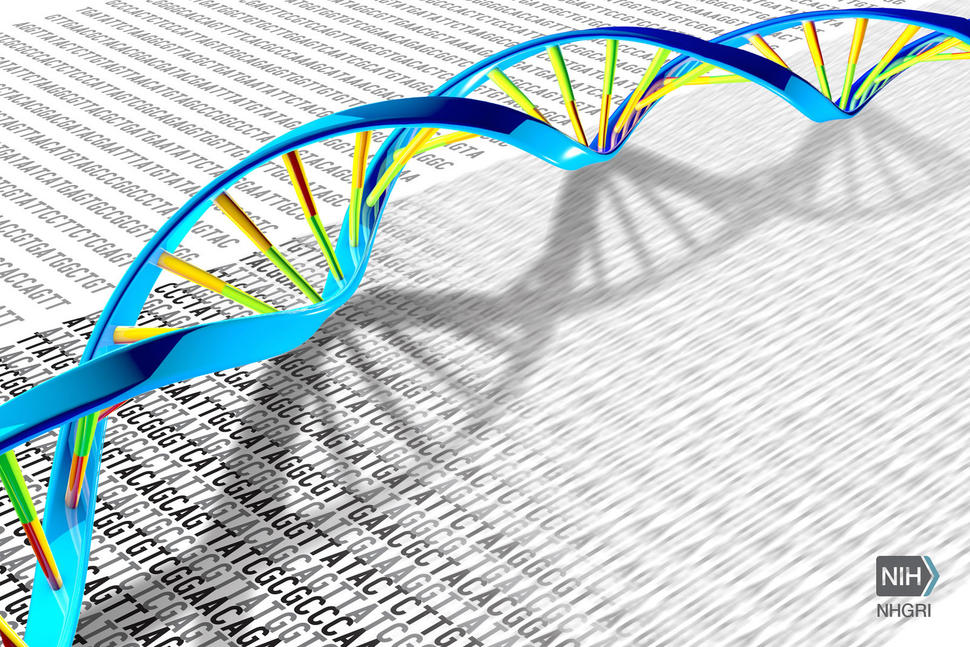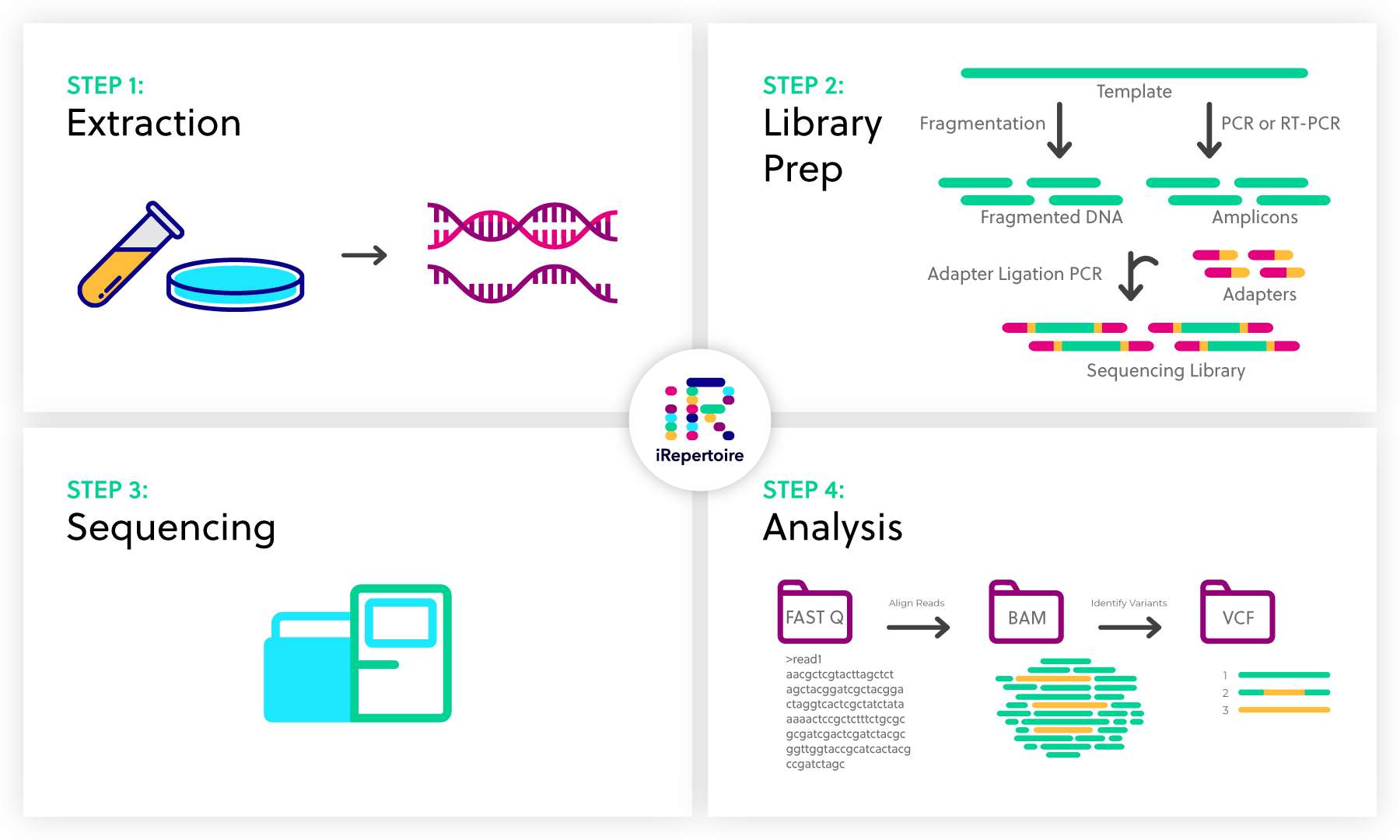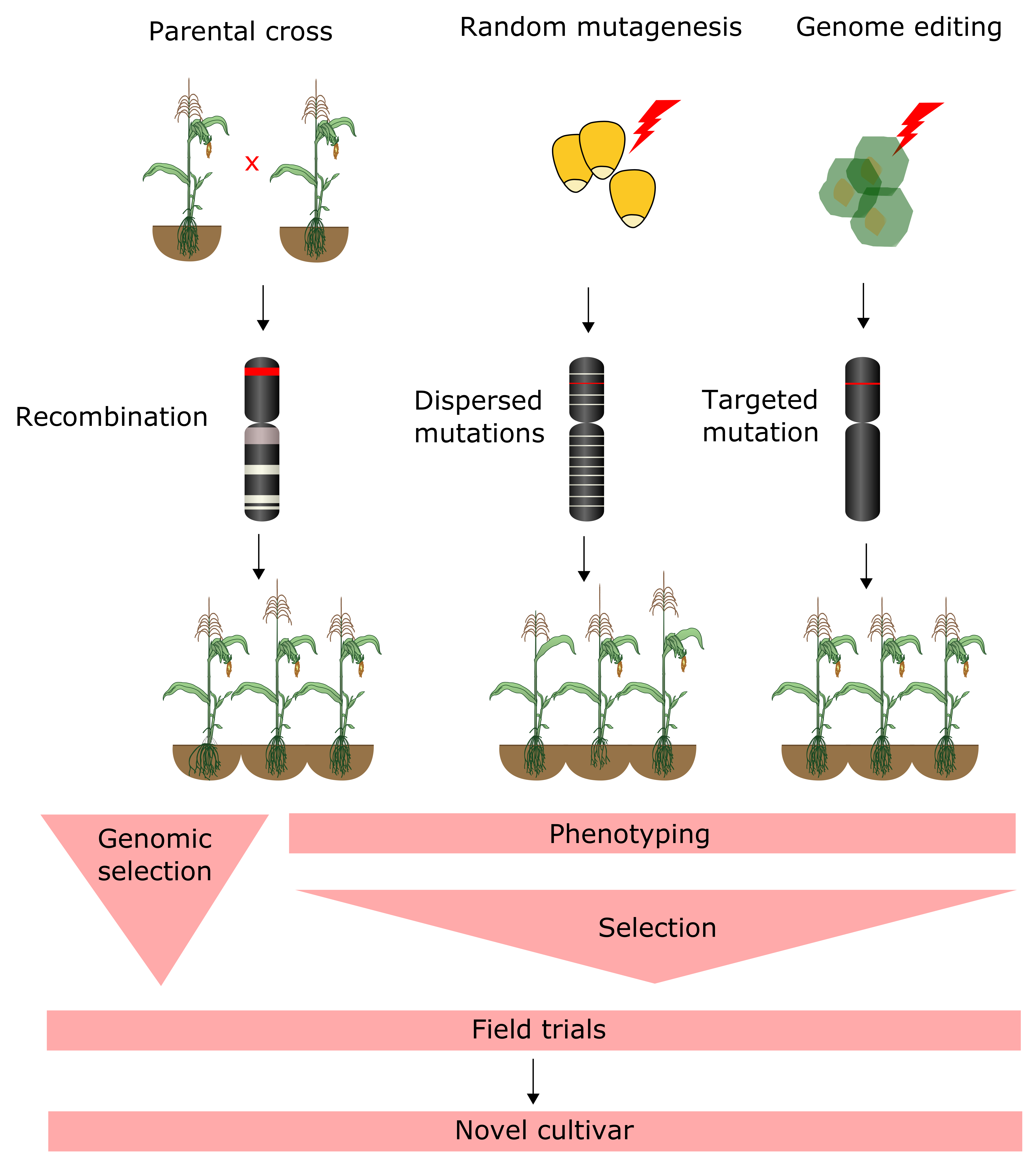Genomics Presentation
| Introduction to Genomics | ||
|---|---|---|
| Genomics is the study of an organism's entire set of DNA, including genes and non-coding regions. It involves sequencing, analyzing, and interpreting the genome to understand its structure, function, and evolution. Genomics has revolutionized various fields, including medicine, agriculture, and evolutionary biology. | ||
| 1 | ||
| DNA Sequencing Technologies | ||
|---|---|---|
| Next-generation sequencing (NGS) has transformed genomics by enabling fast and cost-effective DNA sequencing. NGS techniques, such as Illumina sequencing, can generate massive amounts of data in a short time. Other sequencing technologies, like PacBio and Oxford Nanopore, offer long-read sequencing capabilities. | ||
| 2 | ||
| Applications in Medicine | ||
|---|---|---|
| Genomics plays a crucial role in personalized medicine, allowing tailored treatments based on an individual's genetic makeup. It helps in identifying disease-causing mutations, predicting disease risk, and guiding treatment decisions. Genomic sequencing also aids in understanding the genetic basis of complex diseases and developing targeted therapies. | ||
| 3 | ||
| Genomics in Agriculture | ||
|---|---|---|
| Genomics is used in crop improvement programs to develop high-yielding, disease-resistant, and climate-tolerant varieties. It enables marker-assisted selection, where specific genetic markers are used to identify desirable traits. Genomic information helps breeders understand the genetic diversity and relatedness among different crop varieties. | ||
| 4 | ||
| Evolutionary Genomics | ||
|---|---|---|
| Evolutionary genomics studies the genetic changes that occur over long time scales, leading to the diversification of species. It helps in understanding the evolutionary relationships between species and their adaptation to different environments. Comparative genomics allows the identification of conserved genes and regulatory elements across species. | ||
| 5 | ||
| Bioinformatics and Genomics | ||
|---|---|---|
| Bioinformatics is an essential tool in genomics, facilitating the analysis and interpretation of large-scale genomic data. It involves developing algorithms, databases, and software tools for genomic data analysis. Bioinformatics helps in genome assembly, variant calling, functional annotation, and comparative genomics. | ||
| 6 | ||
| Ethical and Social Considerations | ||
|---|---|---|
| Genomics raises ethical concerns regarding privacy, consent, and potential discrimination based on genetic information. Genetic counseling and education are important to ensure individuals make informed decisions about genetic testing. Policies and regulations are necessary to protect the privacy and rights of individuals in the era of genomics. | ||
| 7 | ||
| Challenges in Genomics | ||
|---|---|---|
| The analysis and interpretation of large genomic datasets pose computational and data storage challenges. Understanding the functional significance of genetic variations and non-coding regions is still a complex task. Ensuring equitable access to genomic technologies and addressing health disparities are ongoing challenges. | ||
| 8 | ||
| Future Directions | ||
|---|---|---|
| Advances in genomics, such as single-cell sequencing and long-read technologies, will enhance our understanding of complex genetic traits. Integration of genomics with other omics disciplines, like transcriptomics and proteomics, will provide a more comprehensive view of biological systems. The implementation of precision medicine approaches will continue to improve patient outcomes and personalized healthcare. | ||
| 9 | ||
| Summary | ||
|---|---|---|
| Genomics is a rapidly evolving field that has transformed medicine, agriculture, and evolutionary biology. It involves sequencing, analyzing, and interpreting an organism's entire set of DNA. Genomics has immense potential for personalized medicine, crop improvement, and understanding the genetic basis of evolution. | ||
| 10 | ||
| References (download PPTX file for details) | ||
|---|---|---|
| National Human Genome Research Institute. (n.... Your second bullet... Your third bullet... |  | |
| 11 | ||









